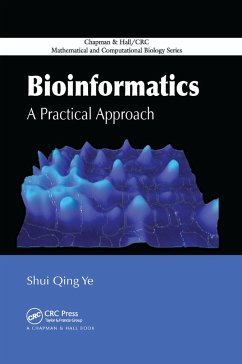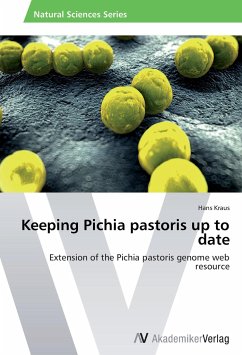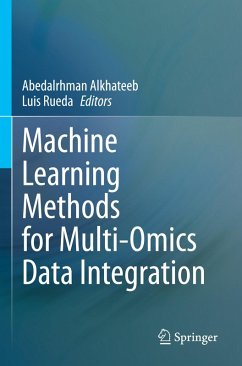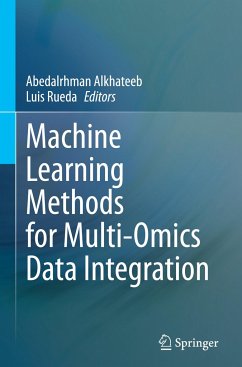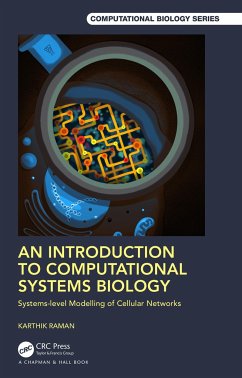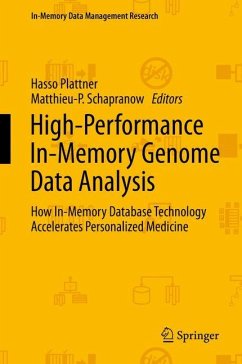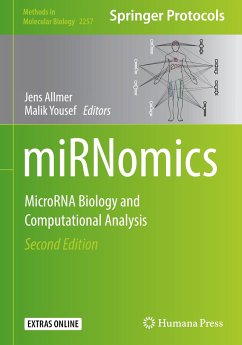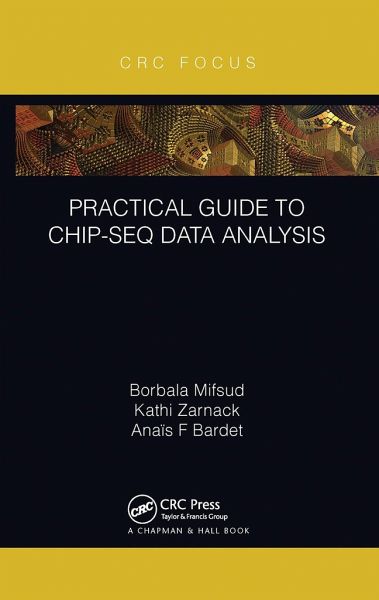
Practical Guide to ChIP-seq Data Analysis
Versandkostenfrei!
Versandfertig in 6-10 Tagen
19,99 €
inkl. MwSt.

PAYBACK Punkte
10 °P sammeln!
Chromatin immunoprecipitation sequencing (ChIP-seq), which maps the genome-wide localization patterns of transcription factors and epigenetic marks, is among the most widely used methods in molecular biology. Practical Guide to ChIP-seq Data Analysis will guide readers through the steps of ChIP-seq analysis: from quality control, through peak calling, to downstream analyses. It will help experimental biologists to design their ChIP-seq experiments with the analysis in mind, and to perform the basic analysis steps themselves. It also aims to support bioinformaticians to understand how the data ...
Chromatin immunoprecipitation sequencing (ChIP-seq), which maps the genome-wide localization patterns of transcription factors and epigenetic marks, is among the most widely used methods in molecular biology. Practical Guide to ChIP-seq Data Analysis will guide readers through the steps of ChIP-seq analysis: from quality control, through peak calling, to downstream analyses. It will help experimental biologists to design their ChIP-seq experiments with the analysis in mind, and to perform the basic analysis steps themselves. It also aims to support bioinformaticians to understand how the data is generated, what the sources of biases are, and which methods are appropriate for different analyses.





